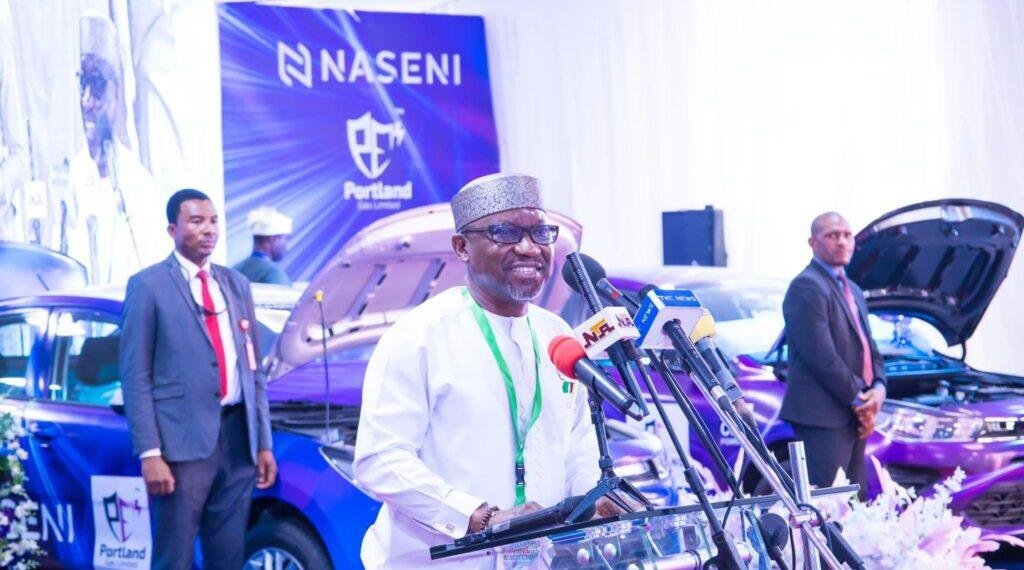The National Agency for Science and Engineering Infrastructure (NASENI) stunned stakeholders in Kebbi State with the unveiling of its Made-in-Nigeria hybrid vehicle—an electric and petrol-powered pick-up truck that could redefine transportation in the country.
The groundbreaking showcase, which took place during a high-level Stakeholder Focus Group Meeting on April 11, 2025, brought together government officials, industrialists, civil society actors, academics, and business leaders in a robust conversation on promoting locally manufactured products.
Held in Birnin Kebbi, the session was part of NASENI’s national campaign to ignite interest in Nigerian innovation, especially in automotive engineering and manufacturing. At the center of the discussion was a burning question: why are some Nigerian-made goods failing to gain traction despite their growing quality and utility?
Participants didn’t hold back as they identified major barriers including inconsistent product standards, poor visibility, and limited distribution channels. Consumer confidence, they agreed, remains a critical issue—fueled in part by years of dependency on foreign-made goods. Yet, optimism filled the room as stakeholders proposed targeted awareness campaigns, government-backed incentives, and stricter quality control as game-changers in the local manufacturing ecosystem.
read also: NEPC urges Nigerian manufacturers to leverage export opportunities boost local economy
Minister lays foundation for emerging technology institute in Bayero University, Kano
Skill acquisition, panacea for self-reliance, others, Says MD AMTDI
The climax of the event was NASENI’s live demonstration of its dual-powered pick-up truck—an engineering marvel built to run on both electric and fuel systems. The hybrid vehicle, entirely assembled in Nigeria, serves as a powerful symbol of what is possible when local ingenuity meets serious investment in research and development.
Experts say this innovation could be a turning point for Nigeria’s auto industry, offering a sustainable and cost-effective alternative amid rising fuel prices and environmental concerns. It also signals Nigeria’s readiness to compete in the global shift toward green and efficient mobility solutions.
As NASENI continues to expand its mobility engineering program, the Kebbi event has sent a strong message across the nation: the future of transportation is Nigerian-made, and the time to believe, buy, and build local is now.






